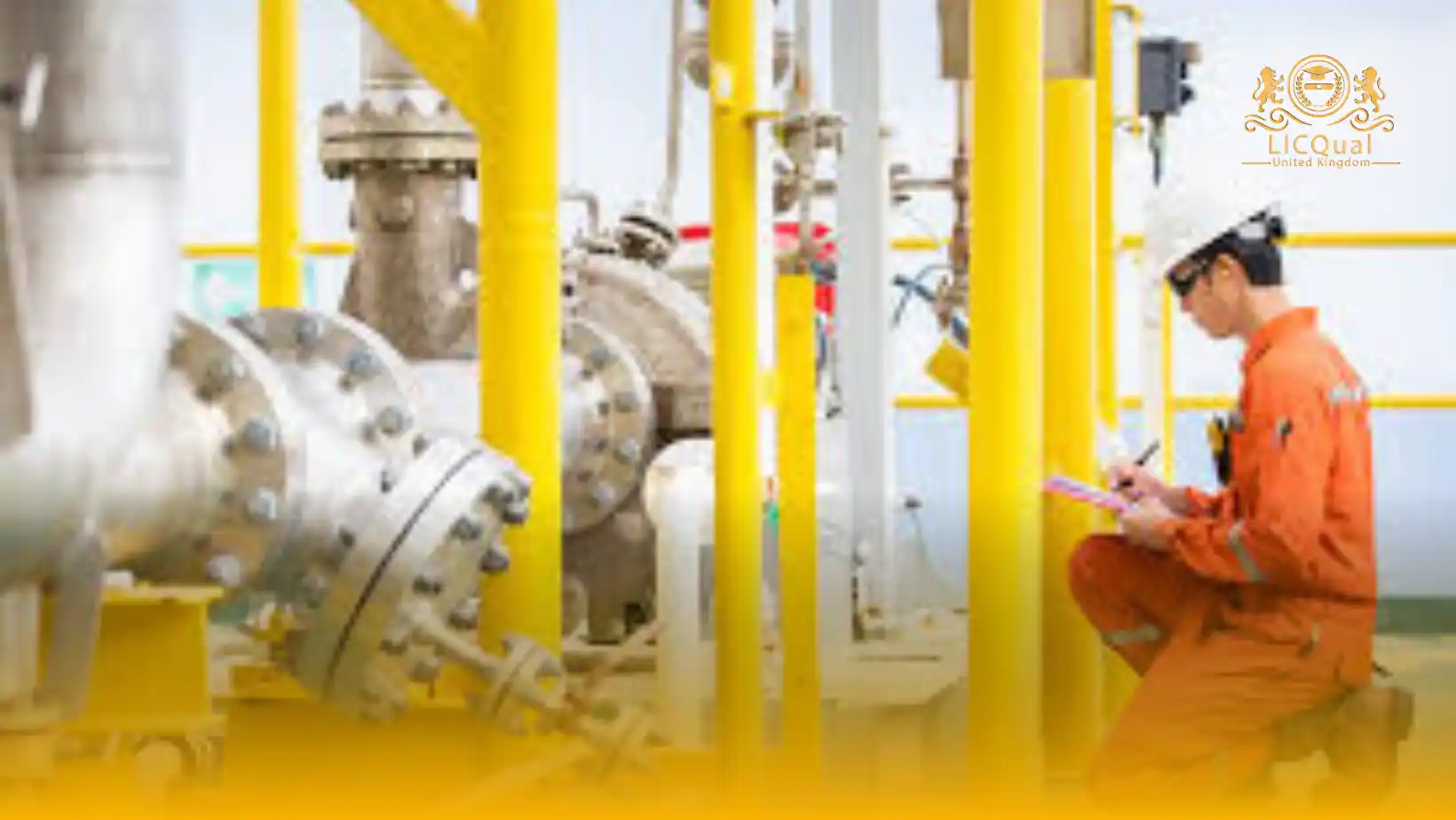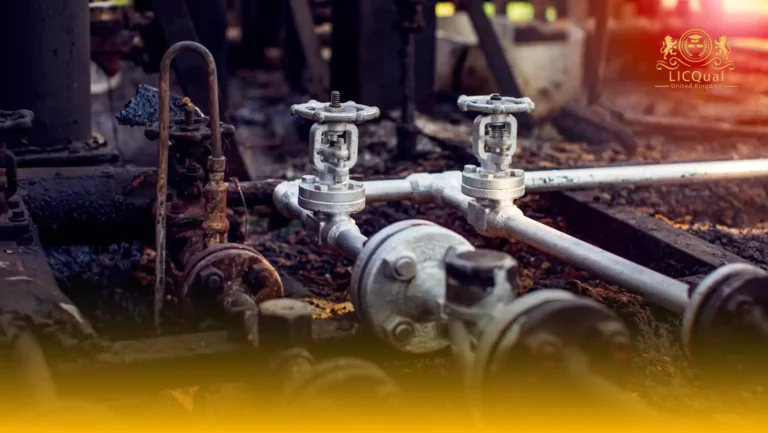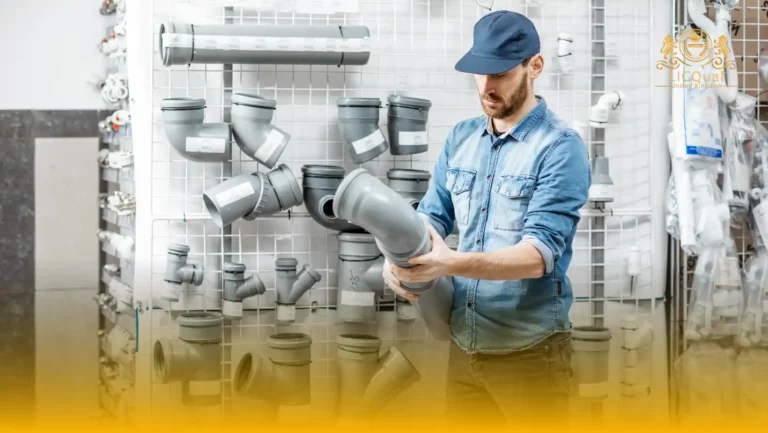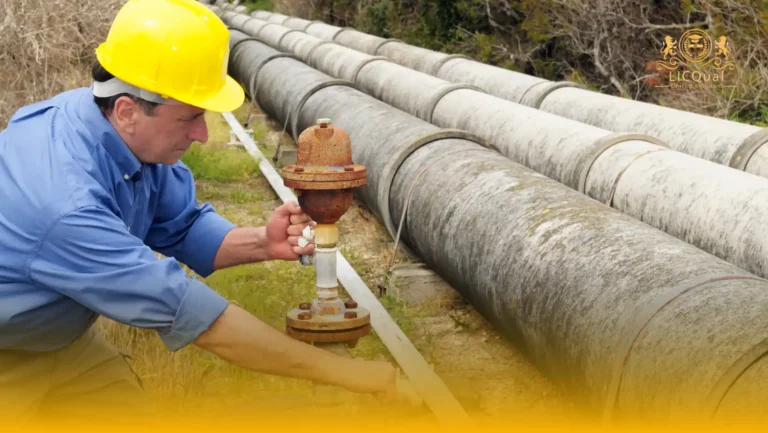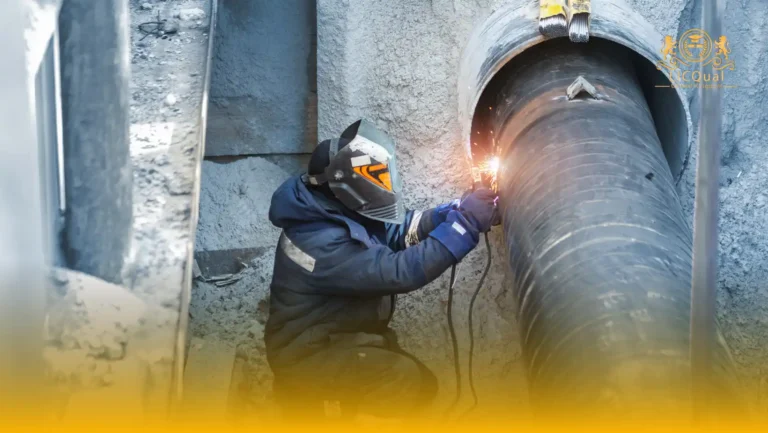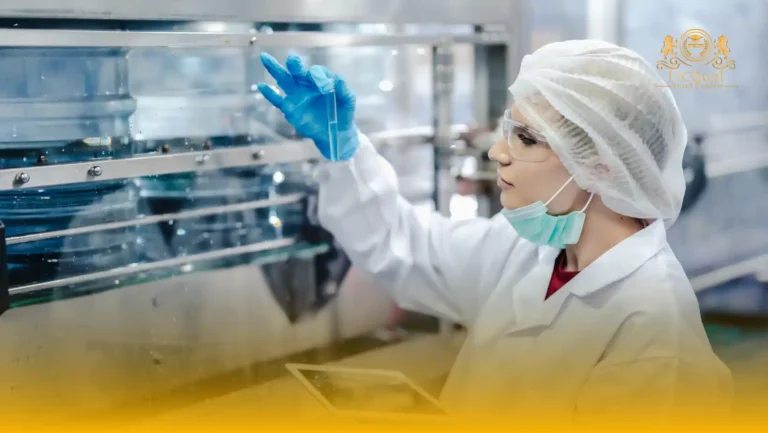The LICQual Level 3 Certificate in Quality Assurance / Quality Control (QA/QC) and Piping Engineering is a comprehensive industry-focused qualification designed for individuals aiming to build a strong foundation in piping engineering, inspection practices, and QA/QC methodologies. This internationally recognized certification equips learners with the technical knowledge and practical skills required to work effectively in quality-focused roles across sectors such as oil & gas, petrochemicals, power plants, water treatment, and construction.
This course covers essential areas including piping systems and components, international codes and standards (such as ASME, API, ISO), welding and fabrication processes, non-destructive testing (NDT) techniques, and QA/QC inspection procedures. Learners will also be introduced to piping layout, material selection, and inspection test plans (ITPs), ensuring they are job-ready for engineering and site-based quality control positions.
Ideal for engineering students, diploma holders, technicians, and professionals seeking entry into the QA/QC field, this qualification provides a solid platform for a successful career in piping and quality assurance. It also serves as a stepping stone toward advanced certifications in piping inspection and quality management.
With a focus on real-world application, compliance, and industry standards, the LICQual Level 3 Certificate in QA/QC and Piping Engineering enhances employability and prepares learners to contribute effectively to project success and operational excellence.
Course Overview
Qualification Title
LICQual Level 3 Certificate in Quality Assurance / Quality Control (QA/QC) and Piping Engineering
Total Units
6
Total Credits
24
GLH
120
Qualification #
LICQ2200549
Qualification Specification
To enroll in the LICQual Level 3 Certificate in QC Piping Inspector applicants must meet the following criteria:
|
Qualification# |
Unit Title |
Credits |
GLH |
|---|---|---|---|
|
LICQ2200549-1 |
Introduction to QA/QC and Piping Engineering |
4 |
20 |
|
LICQ2200549-2 |
Piping Materials, Components, and Fabrication |
4 |
20 |
|
LICQ2200549-3 |
International Codes and Standards |
4 |
20 |
|
LICQ2200549-4 |
Welding Processes and Visual Inspection |
4 |
20 |
|
LICQ2200549-5 |
Non-Destructive Testing (NDT) Methods |
4 |
20 |
|
LICQ2200549-6 |
QA/QC Documentation and Reporting |
4 |
20 |
By the end of this course, applicants will be able to:
1. Introduction to QA/QC and Piping Engineering – Learning Outcomes
By the end of this unit, learners will be able to:
- Understand the basic principles and importance of QA/QC in industrial projects.
- Identify key roles and responsibilities of QA/QC personnel.
- Describe the fundamental concepts of piping engineering and its applications.
- Recognize the role of quality control in the design, construction, and maintenance of piping systems.
2. Piping Materials, Components, and Fabrication – Learning Outcomes
By the end of this unit, learners will be able to:
- Identify different types of pipes, fittings, valves, flanges, and gaskets used in piping systems.
- Understand material selection criteria based on operating conditions.
- Interpret basic piping drawings and layout concepts.
- Describe the fabrication and installation processes of piping components.
3. International Codes and Standards – Learning Outcomes
By the end of this unit, learners will be able to:
- Recognize and apply key industry standards such as ASME, API, ASTM, ISO, and DIN.
- Understand the significance of codes in maintaining safety and quality.
- Interpret and follow engineering specifications and regulatory requirements.
- Ensure compliance with applicable international and project-specific standards.
4. Welding Processes and Visual Inspection – Learning Outcomes
By the end of this unit, learners will be able to:
- Understand common welding processes used in piping fabrication (SMAW, GTAW, GMAW, etc.).
- Identify weld joint types, welding positions, and welding symbols.
- Interpret Welding Procedure Specifications (WPS) and Procedure Qualification Records (PQR).
- Perform basic visual inspection of welds and identify common welding defects.
5. Non-Destructive Testing (NDT) Methods – Learning Outcomes
By the end of this unit, learners will be able to:
- Explain the purpose and importance of NDT in quality assurance.
- Identify and describe basic NDT methods including VT, PT, MT, RT, and UT.
- Select appropriate NDT techniques based on inspection requirements.
- Interpret basic NDT reports and understand defect acceptance criteria.
6. QA/QC Documentation and Reporting – Learning Outcomes
By the end of this unit, learners will be able to:
- Compile QA/QC dossiers and final project documentation for handover.
- Prepare and use QA/QC forms such as Inspection Test Plans (ITPs), checklists, and inspection reports.
- Maintain proper documentation for material traceability and inspection records.
- Identify and report non-conformities and assist in implementing corrective actions.
This course is designed for:
- This course is designed for individuals who are passionate about entering the oil & gas, petrochemical, power plant, and manufacturing industries with a strong foundation in piping engineering and QA/QC practices. Ideal candidates include:
- Fresh Engineering Graduates or Diploma Holders (Mechanical, Civil, or related disciplines) who want to build a career in QA/QC or piping inspection.
- Technicians and Supervisors looking to upgrade their knowledge and transition into quality control roles within piping and construction projects.
- Skilled Workers and Fabricators aiming to shift from hands-on roles to inspection and quality assurance positions.
- Professionals from Construction, EPC, and Maintenance Fields who wish to enhance their technical understanding of piping systems and industry standards.
- Career Changers with relevant technical experience who want to move into the QA/QC or piping inspection domain.
- Whether you’re starting your career or aiming to boost your current qualifications, this program provides the theoretical knowledge and practical skills essential for becoming a certified QA/QC Piping Engineer or Inspector.
Assessment and Verification
All units within this qualification are subject to internal assessment by the approved centre and external verification by LICQual. The qualification follows a criterion-referenced assessment approach, ensuring that learners meet all specified learning outcomes.
To achieve a ‘Pass’ in any unit, learners must provide valid, sufficient, and authentic evidence demonstrating their attainment of all learning outcomes and compliance with the prescribed assessment criteria. The Assessor is responsible for evaluating the evidence and determining whether the learner has successfully met the required standards.
Assessors must maintain a clear and comprehensive audit trail, documenting the basis for their assessment decisions to ensure transparency, consistency, and compliance with quality assurance requirements.

